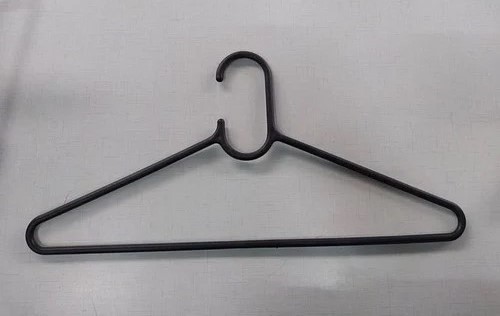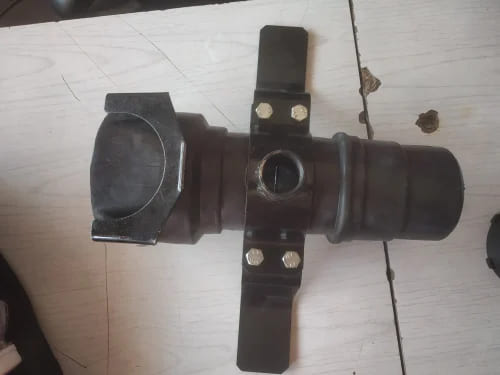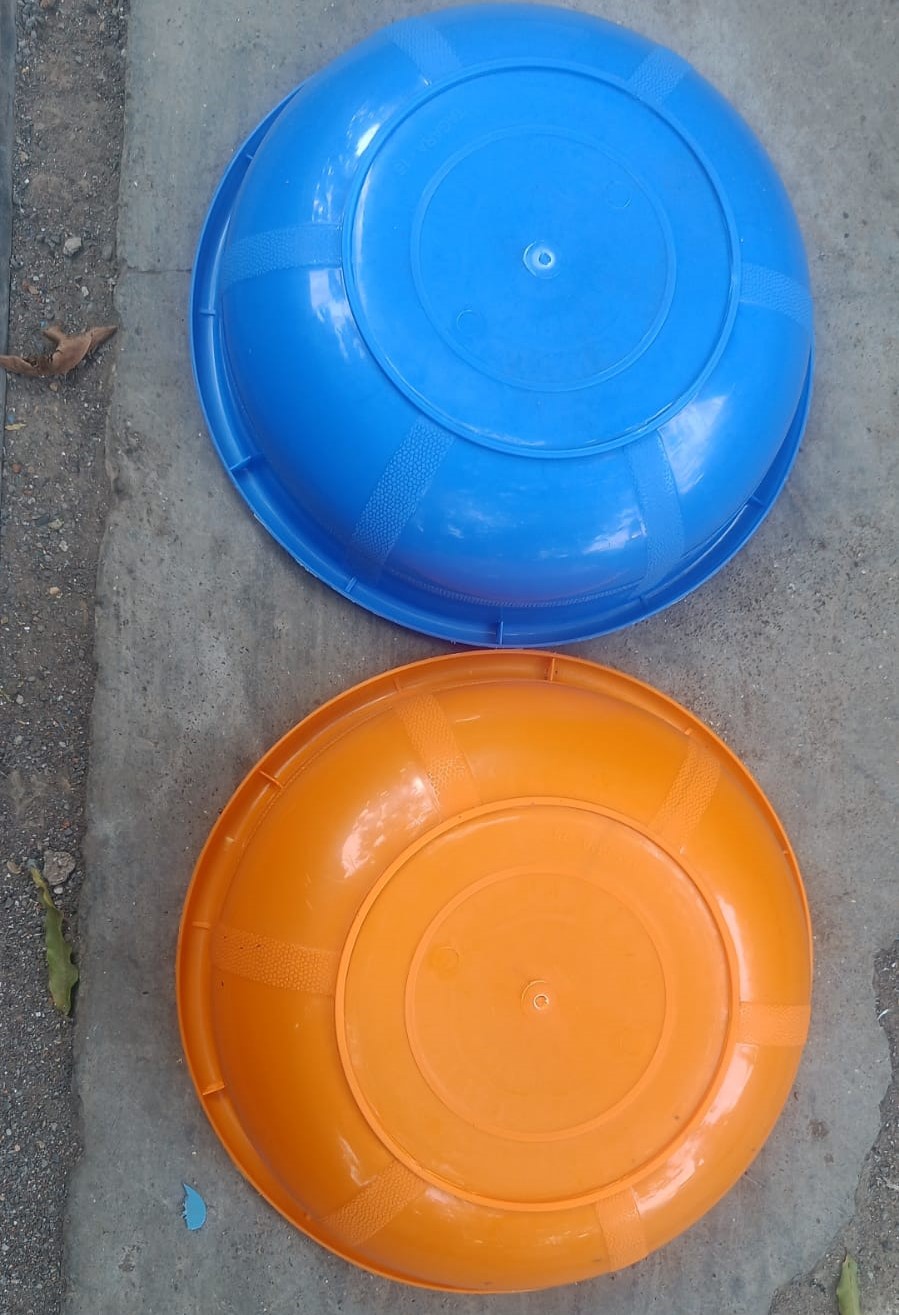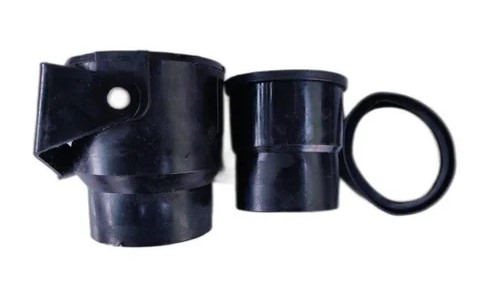.jpg)
 (1) (1).jpg)
.jpg)
 (1) (1).jpg)
Established in 2004, "ADM Engineering" has grown to be a reputable manufacturer with a strong reputation for creating a wide range of products, including Plastic Industry, Plastic Manufacturing Industry, Industrial Plastic in Pune, Plastic Food Packaging Manufacturer, Plastic Manufacturing Companies, Plastic Crates, Material Handling Plastic Crates, Plastic Storage Plastic Crate, Heavy Duty Multipurpose Crates, clothes hangers, and more. Our unwavering commitment to fulfilling the needs and desires of our valued customers is demonstrated by our exceptional quality products, which not only meet but also exceed their expectations. In addition, honesty and integrity, making sure that every transaction is carried out in full transparency, and developing enduring and mutually beneficial partnerships with our esteemed clients are among the core values that support our business.
We are extremely grateful to Mr. H.R. Nagadia for his consistent support and guidance, which have been vital in our impressive growth and success in the current market. His unwavering backing has been crucial in driving us towards significant progress and accomplishing our objectives.
Read MoreNumber of Employees
Year of Establishment
Hours Supports
Star Rated
In the dynamic world of the plastic industry, ADM Engineering stands out as a pioneer in the field.
Read More
Are you searching for a reliable and robust solution for your optical fiber joint enclosure needs?
Read More
At ADM Engineering Pvt. Ltd., we specialize in manufacturing high-quality plastic clothes hangers designed to
Read More
At ADM Engineering Pvt. Ltd., we take pride in being recognized as the best sprinkler fitting manufacturers
Read More
At ADM Engineering Pvt. Ltd., we take pride in being a leading manufacturer and exporter of high-quality HDPE unbreakable plastic ghamela tubs.
Read More
ADM Engineering Pvt. Ltd. takes pride in being a leading HDPE Sprinkler Coupler Manufacturer and Exporter. Our dedication to quality, precision, and innovation has earned us a strong
Read More